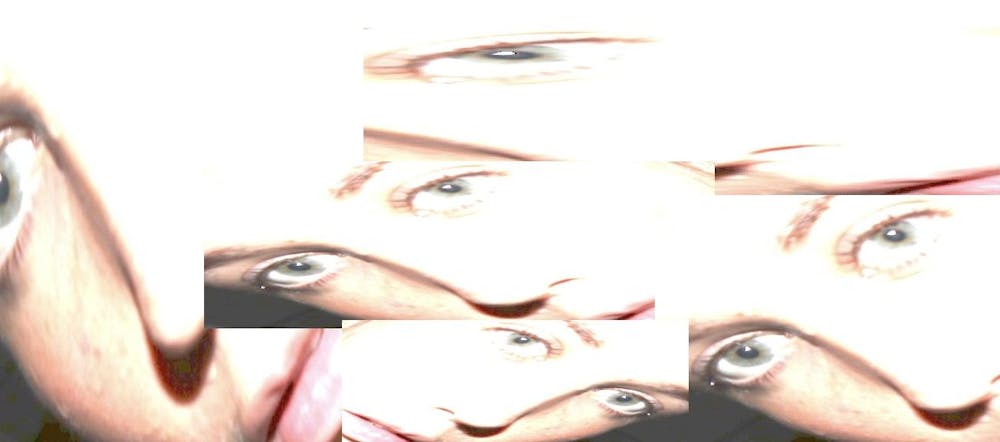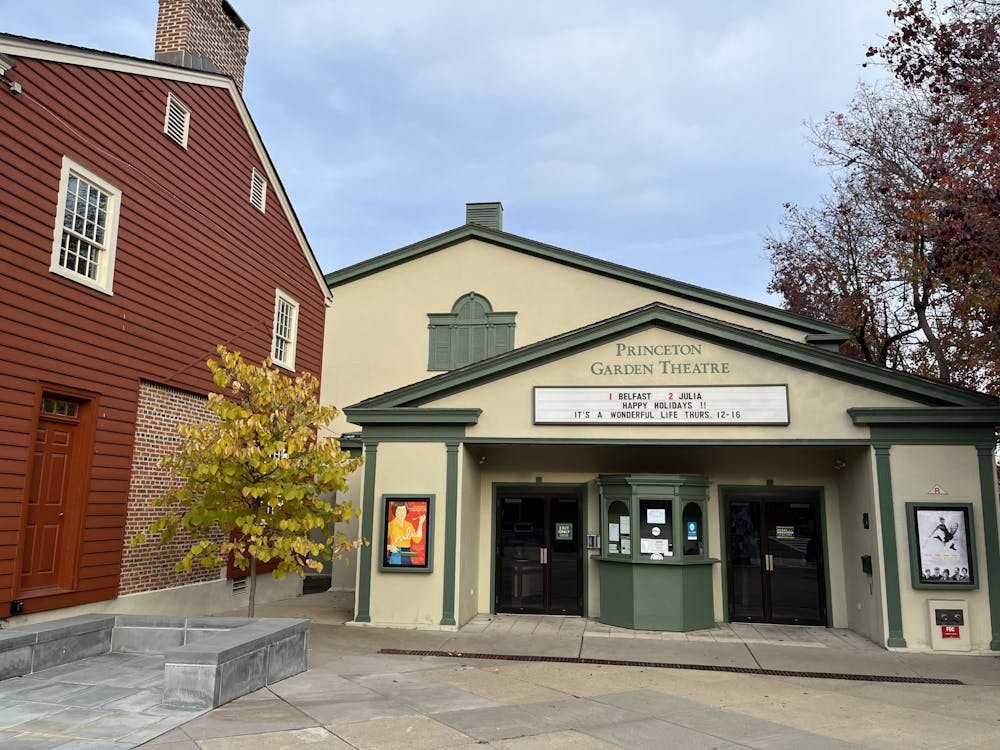On a particularly sweltering day this May, I was sitting on the back terrace of my eating club, sweating in all the wrong places and nursing an iced coffee when I got a shocking, yet thrilling email: I had been granted a large sum from the Lewis Center for the Arts to realize an independent performance art project over the summer.
I was in disbelief, in part, because I don’t think there is ever a time when being granted an award does not feel surprising. The other part of my surprise came because my proposal was strange, included descriptions of mostly nude bodies, and fell under a type of experimental performance art that I wouldn’t typically associate with Princeton’s brand.
But here they were, saying: go for it.
It may seem trivial to many Princeton students, since receiving a grant is not in itself an infrequent thing at a university that seems to have more money than it knows what to do with. But, when it comes to arts funding, receiving a grant is a big deal, especially for a single-person. It can change the game with something so subjective and at times risky.
In the months since receiving the grant, I have come to see that it has less to do with the money itself, and more to do with what the money represents: conviction and belief in you as an artist.
It takes on a different form than the “believing in you” that your parents do, if you’re lucky enough to have that (although, that is great too). This form of belief is not a sudden, emotionally-driven decision from someone who knows you well or holistically, but rather a kind of informal contract that is born from reading a confident proposal. This grant is an unemotional and cultivated form of belief — one that has a profound impact on a 22-year-old artist.
Sure, the money alleviates the anxiety and burden that come from the material cost of working in visual and performing arts; it allows you to explore new angles, interact with new objects, spaces, people, etc. But this money — in its institutional form — has ultimately allowed me to enter the intimidating “real world” and assert myself as a practicing artist who has something to say.
It’s not on school grounds. It’s not for a class. It’s for myself and the world.

When I employ the term “contract” as a way of describing the nature of this belief, I mean there is an implicit relationship between two parties. In the context of a grant, these two parties are typically the artist and the funding institution. But I have discovered that this contract is actually one with myself more than it is with any external party or institution. It is far more difficult to discuss “the terms of the agreement” between me, myself, and I — i.e. the manner in which I speak to myself and negotiate with the ego that so often rears its ugly head during the individual practice of one’s art. How do I know that what I have to say is important? How can I trust that anyone will ever want to look at anything I create? How do I know that I’m not wasting my time?
Applying for, and then being awarded, this grant was a way of temporarily putting my blinders on and convincing myself that I am not wasting my time but instead using it. So this grant is a self-enacted bind — but the good kind. I put myself into a bind as I have vowed to myself and others that I will complete a project. The only way out of that bind is going through with it. This makes practicing art sound highly sadistic, but art is a deeply twisty, confusing practice that sometimes needs self-imposed restraints in order to be productive. Isn’t that what a contract is? Imposed constraint in order to produce something new as a result of human’s inability to trust and control themselves, as well as others?
All of that said, it hardly feels fair to elaborate on the constraints of a “contract” when, ultimately, the highlight of my summer has been the utter creative excitement and freedom — not constraint — that I have felt everyday. I have been working in London as an editorial assistant at a contemporary art magazine during the day, but by night I am an unleashed creative animal who ideates and plots for her performance-installation in August. I have always been someone whose mind runs wild just as I fall asleep, so many of my nights consist of high productivity during this liminal pre-REM-cycle sleep phase, followed by the need to turn the lights back on, so as to record what the uninhibited sleeping mind has composed.
The culmination of this somewhat-manic process and Lewis Center for the Arts grant is titled “RE-MAKING,” and will take place on Aug. 14 in Brooklyn, in a large, empty garage space in Red Hook.

“RE-MAKING” is a multi-media installation performance that seeks to materially explore the processes through which humans form their subjectivity in the presence of others. The performative aspect of the piece will consist of the artist, myself, slowly deconstructing a clay sculpture made to resemble me, using a hammer and a basin of water. The installation component involves the use of six polaroid cameras lining the delineated portion of space occupied by the artist.
In order to materially simulate and capture the act of “witnessing” involved in subject formation, the audience will be asked to move freely about the space and click the buttons of the polaroids throughout the duration of the exhibition. The idea is that, by the end of the performance, the ground will be littered with photographic representations of being-seen-through-another’s-eyes during a hyper-real and embodied interpretation of “forming the self” — or in this case, an attempt to de-form in order to re-form.
I am excited, terrified, and extremely grateful to have been given the support to realize this project — to be in contract with both myself as an artist and the institution that decided to believe in my work.
Bella Butler is a writer and visual artist from Brooklyn, N.Y., and majors in German at Princeton. She can be reached at bb6370[at]princeton.edu.








